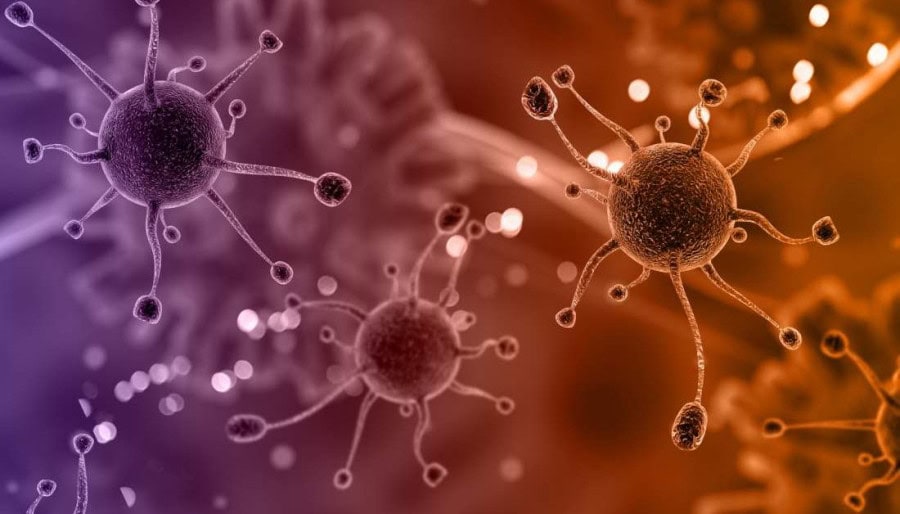Scientists have injected a revolutionary cancer-killing virus into the first human patient. Animal testing of the virus, known as Vaxinia, has been successful. This new clinical experiment, however, will be the true test of its effectiveness.
It’s natural to associate the word virus with anything negative. After all, there are many fatal viruses in the world. However, scientists are experimenting with a novel cancer-killing virus called Vaxinia.
This time, however, the cancer-killing virus has been created to not only destroy cancer cells, but also to make them more recognisable to the body’s immune system. Researchers expect that by doing so, the body’s response will be strengthened, allowing it to fight back more effectively.
Previous cancer medication clinical studies have also yielded positive outcomes. Vaxinia, on the other hand, may be able to assist in the opening of new doors.
Naturally, scientists tested the virus on animals before going on to human tests. In early animal and lab experiments, they had a lot of success reducing tumours. The cancer-killing virus has been found to shrink tumours in the lungs, breasts, ovarian, pancreatic, and colon.
The scientists decided to press further with human testing after their initial success. Animal studies do not necessarily translate to human patients. There are a variety of reasons for this, but the researchers are optimistic that this virus will help people fight cancer.
Vaxinia will now be examined in a Phase 1 trial with only 100 cancer patients. These patients have advanced or metastatic solid tumours and have tried at least two prior treatments. The medicine will be given to two groups of people by the researchers. The first will only be given Vaxinia. The cancer-killing virus will be combined with an immunotherapy medication for the second group.
Naturally, Phase 1 trials are primarily concerned with ensuring patient safety and determining the best dose. As a result, it may not demonstrate the virus’s overall effectiveness. It is, nevertheless, a critical next step in the search for a cancer-fighting alternative.
Read: Cancer: Two drugs may target advanced tumors successfully










